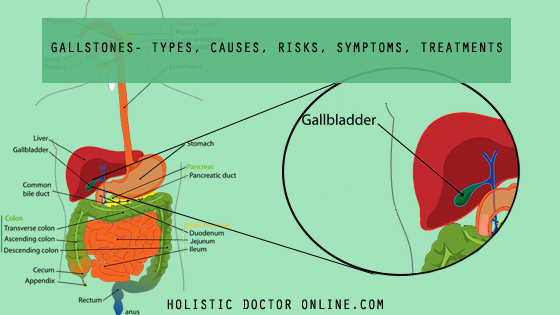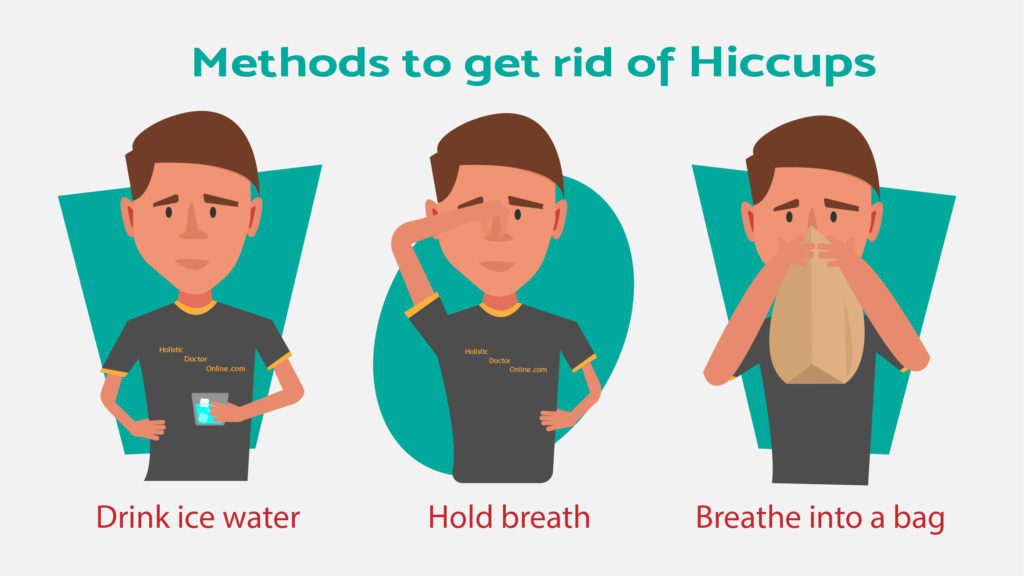Excessive Yawning
What is yawning?
Yawning is a natural involuntary physiological action shown when people are tired or bored.
Yawning involves opening the mouth widely, taking a long and deep breath, stretching of the limbs, brief interruption of breath followed by short expirations.
Who yawns?
Everybody yawns. Yawning is seen even in 15 weeks old fetus in mother’s womb. Animals too yawn. A normal person may yawn around 5 to 10 times a day. Each yawn may last up to 5 to 6 seconds.
What is Pandiculation?
The act of yawning and stretching the body together is called as pandiculation.
What are the causes (triggers) of yawning?
Yawning is an involuntary action shown when the person is bored, tired or exhausted.
Yawning occurs when the brain needs more oxygen or when there is an increase in brain temperature.
Fatigue and sleep deprivation (not enough sleep at night) can trigger yawning. Continuous reading, attending lecture or conference, and viewing boring film or TV program can trigger yawning.
Seeing somebody or some animal yawning also can trigger yawning. Looking at a picture or a video of a person yawning can trigger yawning.
What are the causes of excessive yawning?
Normally people yawn around 5 to 6 times a day.
If the yawning frequency increases and annoying it is called excessive yawning.
Excessive yawning can be due to some underlying diseases like epilepsy, migraine, stress, anxiety, Increased pressure inside the skull, brain tumors, head injury and multiple sclerosis. Sleep disorders like obstructive sleep apnea and snoring can trigger yawning.
Increased cortisol level in the body can also trigger excessive yawning (too much yawning).
Hypoglycemia (decreased blood sugar level) and hypothyroid (decreased thyroid hormone can also induce excessive yawning.
Vaso-vagal shock (sudden drop in blood pressure and pulse rate) can also induce excessive yawning.
Investigation to be done for excessive yawning
CT scan or MRI scan of brain, blood sugar level, Hemoglobin level, Thyroid function test, EEG, ECG and ABG (Arterial blood gas analysis) are to be done to ruleout diseases causing excessive yawning.
What are the uses of yawning?
Yawning increases the blood flow and oxygenation to the brain. Yawning improves the cerebrospinal fluid circulation.
Yawning reduces the temperature of the brain and keeps it cool. It reduces the intra cranial pressure (pressure inside the skull). Yawning increases mental function and alertness.
Yawning balances the pressure inside the ear and stretches the ear drums.
Is yawning contagious?
Yawning is contagious. When we see a person yawns, we involuntarily yawn. Animals do the same. It is a type of herd behavior, where we communicate to others about the change in the environment and tiredness and others yawn to show that they too agree.
Contagious yawning depends on the emotional bond between the persons.
The urge to yawn increases when we try to stop yawning.
Yawning shares the network of nerves of empathy at sub cortical level in the brain and involves the mirror neurons which are responsible for contagious yawning.
Immature babies and autistic children do not respond to contagious yawning as their brain has no ability to feel empathy. Contagious yawning is less seen in mentally retarded and schizophrenics.
How to stop or prevent yawning?
Keep the room temperature cool to prevent yawning. Keep cold pack or cold compress over forehead. Drink cold drinks or eat some things cold to prevent yawning.
Breathe in through the nose and breathe out through the mouth.
Follow regular sleep schedule. Do daily exercise. Reduce stress. Avoid alcohol and sedatives to prevent yawning.
Excessive yawning may be due to some diseases as mentioned above. Proper investigation has to be done. Consult your physician and treat the causative disease.




